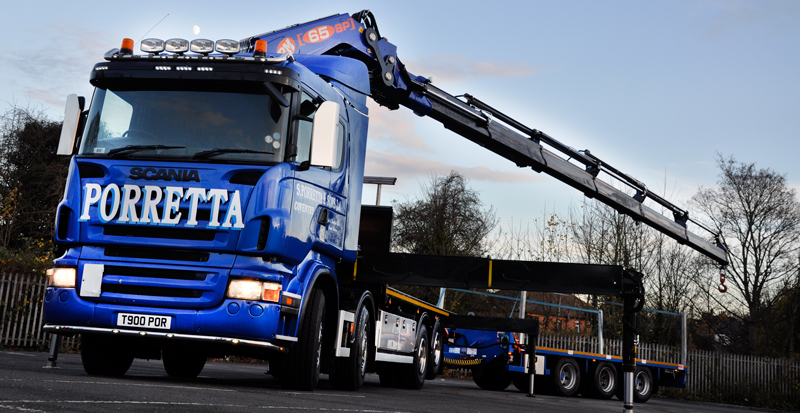Leveling Up: From Haulage Driver To Operator

If you are looking at a career in haulage, chances are you are looking at ways to expand your business. For many, the first step is going from being an independent haulier-driver to an operator, employing or subcontracting drivers and vehicles.
What do you need to know to level up this way in the haulage industry? Here are just some of the basics.

If you are using vehicles and transporting goods above the gross plated weight of three thousand five hundred kilograms or unladen weight of one thousand five hundred and twenty five kilograms, you will need a standard operator’s license for your haulage business.
For haulage operators, who will be carrying other people’s goods for money, the standard license, either national or both national and international is required. A national license allows you or your employees to carry your own and other people’s goods in Great Britain, as well as loaded trailers to or from ports within Great Britain as part of an international journey. The vehicles, however must not leave the country.
Given the increasing number of international haulage jobs, however, it may be practical to apply for a standard international license. This not only allows you or your employees to carry goods both in Great Britain and internationally, but also allows you to request community licenses that permit travel through all EU member countries, both for transit or as complete journeys.
If you hire or subcontract drivers for expanding your haulage business, you will need to ensure that they have the proper licenses for their age and type of vehicle they will be driving. For instance, the license category for someone who drives a motorbike to deliver documents will be different from someone who uses a van, and driving a large goods vehicle (LGV) will require a different kind of license again. Age is also a factor on driver’s license qualifications. For instance, LGV and PSV licenses are valid until the age of forty five years old, after which they will need to be reapplied for every five years until the age of sixty five, after which they must be renewed yearly.
If you are subcontracting or hiring people for your haulage business, the best way to verify the licenses of your employees or potential employees would be to check with the DVLA (Driver and Vehicle Licensing Agency) in order to get information including license validity dates, permitted vehicle categories, and endorsements or disqualifications. You will need to complete a form allowing you permission to check, however.
Like any business, haulage operations need to maintain strict safety and maintenance standards for equipment and the workplace. In the case of hauliers, the vehicle the employees use is both their equipment and their place of work, which is why part of the requirement for an operator is to keep vehicles safe and in good condition at all times. This means that as a business owner, you will have to keep records of all safety inspections and maintenance carried out for a minimum of fifteen months. This is a legal requirement and these records should include vehicle details, inspection items, dates and inspectors’ names. Results and records of maintenance work needed should also be noted, as well as when the work was carried out. You will also need to ensure and keep records that drivers conduct checks of their vehicle before driving it every day.
